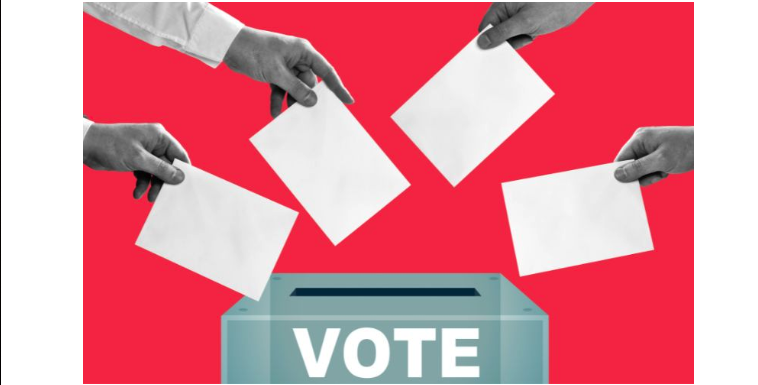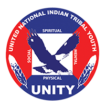
Click to read full article -BY KAILI BERG JANUARY 31, 2024
The 2020 census saw a massive 86.5% increase in the American Indian and Alaska Native population population, in part due to efforts made by the NUIFC and its member organizations to mobilize the Native population residing off-reservation. Of the sixteen states, NUIFC waged mobilization campaigns, and all saw significant increases in the Native populations.
Native Americans living in urban centers are 70 percent of the total AI/AN population and are usually overlooked by conventional voter turnout campaigns. This invisibility has created and perpetuated disparities across all the major sectors of life and community for tribal citizens living within cities, including children and family services, housing and homelessness, economic development and employment, and health and wellness.
According to the NUIFC report, American Indian populations have the highest poverty rates (24.1%), which is almost twice the national rate (12.8%). A total of 32.1% of AI/AN individuals below the poverty level are under the age of 18.
There are predicted to be at least 5 million AI/AN voters in the U.S. in both rural and urban communities, according to the U.S. Census Bureau. Native voters in Alaska, Arizona, Michigan, Montana, Nevada, North Carolina, and Wisconsin could have a significant impact on 2024 races for the Congress, Senate, and President. NUIFC is currently working on a series of initiatives to help the needs of urban Indian issues this election year and beyond.
Due to the diverse and geographically dispersed Native population, it is difficult to identify national and state voter databases. Culturally specific social service organizations and health centers play a key role as civic centers of the community, allowing them to conduct further voter engagement outreach.
Since 2018, NUIFC and its member organizations have a cumulative investment of $7,859,600, allowing these organizations to foster local community capacity to engage in civic and electoral work and build a foundation for independent political and policy influence.
Over the last five years, this national voter and civic engagement program has also expanded from 16 to 24 urban American Indian communities, impacting nearly one million Native people.
“The NUIFC and our member organizations are a driving force in reshaping the future of elected leadership. Our efforts are not just impactful; they are transformative, ensuring that Native voices are not only heard but are influential at all levels of elected leadership,” stated NUIFC Board President Laura Harris (Comanche) in a press release. “We take immense pride in NUIFC’s pivotal role in championing civic empowerment and shaping a future where Indian Country’s representation is undeniable and powerful.”
The success of NUIFC’s “Democracy is Indigenous” in every election cycle since 2018 has led to significant achievements in voter turnout, engagement in major elections, and contributions to the vibrancy of democracy. In 2002, South Dakota Senator Tim Johnson (D-SD) was re-elected by 500 votes when the final votes were counted on the Pine Ridge Reservation, according to an investigation by the Native American Rights Fund.
Michigan had one of the closest margins in the 2016 Presidential Election, with a margin of 0.3 percent. With more than 100,000 Native people aged 18 and older in Michigan, the number of Native people eligible to vote was four times more than the margin of victory in the state, according to the investigation.
NUIFC’s commitment to transforming urban Native communities involves increasing civic participation and advocating for equitable policies. “The work of the NUIFC is vital in linking our ancestral legacies to democratic representation,” said William Miller (Blackfeet/Cherokee), Board Vice President in a press release.
Miller emphasized the significance of creating an ecosystem of urban Native organizations that share, learn, and grow together to enhance their political and civic acumen.
“Every vote in our communities is not just crucial; it’s a powerful catalyst for change. Native voices are increasingly becoming decisive factors in local elections, shaping the political future at every level. Our engagement in the United States political fabric is not just significant; it’s revolutionary,” said Janeen Comenote (Quinault), Executive Director of NUIFC, in a press release. “We are not only making the invisible visible; we are paving the way for a future where Native representation is undeniable and influential. Over the last 15 years of working with urban American Indian communities, we’ve seen that those with active Native participation don’t just participate in the civic landscape of America – they lead it.”

